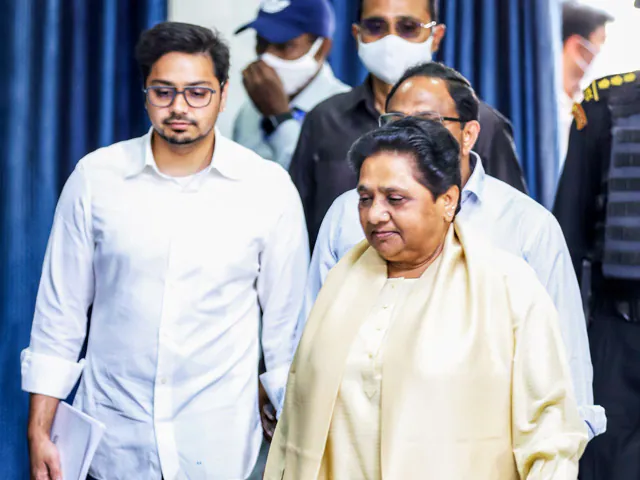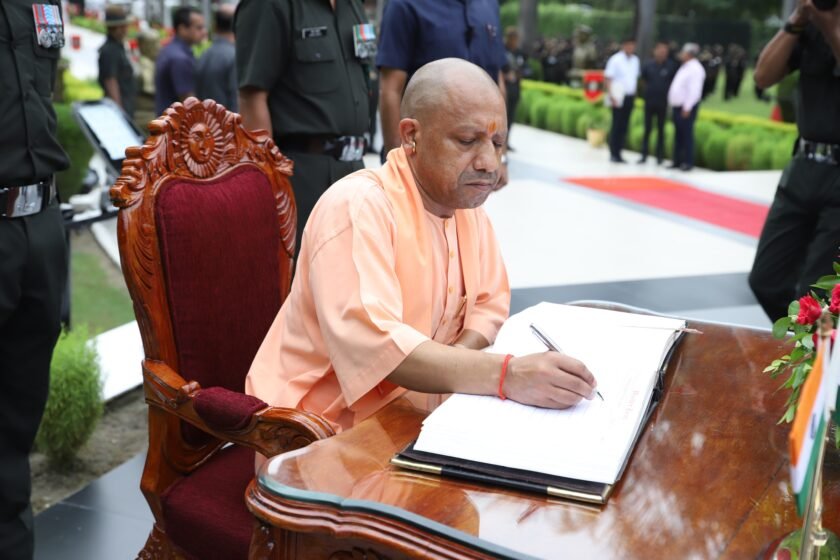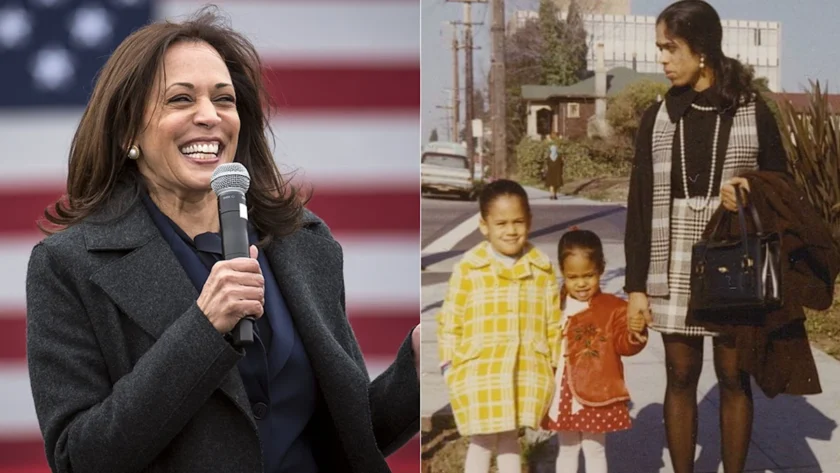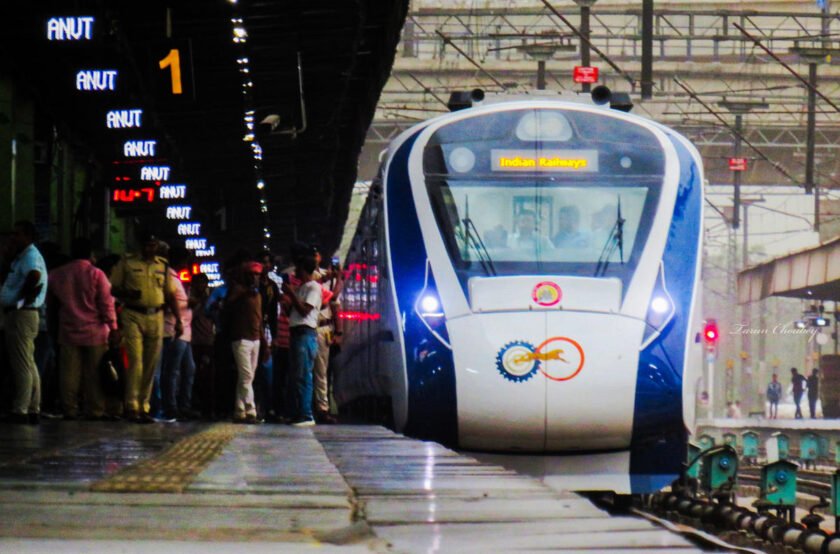Lucknow: The Bahujan Samaj Party (BSP) in India, under the leadership of Mayawati, has historically been known for its focus on Dalit issues and empowerment. However, as the political landscape evolves and the need for broader appeal becomes apparent, the BSP is rebranding itself to attract a wider base of support beyond just Dalits. This strategic shift involves targeting various caste groups, focusing on economic issues, and reshaping its political narrative to become more inclusive.
Historical Context of BSP
Founded in 1984 by Kanshi Ram, the BSP was established to represent the interests of the Scheduled Castes, Scheduled Tribes, and Other Backward Classes (OBCs) in India. The party’s ideology is rooted in Ambedkarite principles, which emphasize social justice, equality, and the eradication of caste-based discrimination. Under Mayawati’s leadership, the BSP has grown significantly, particularly in Uttar Pradesh, one of India’s most politically significant states. Mayawati’s tenure as Chief Minister saw substantial efforts to uplift the Dalit community through various social and economic programs.
Need for Rebranding
While the BSP’s core support base remains the Dalits, political realities necessitate an expansion of its voter base to remain relevant and competitive. The political landscape in India is highly dynamic, with parties needing to continuously adapt to the changing preferences and demographics of the electorate. For the BSP, this means appealing to a broader section of society without alienating its traditional support base.
Targeting a Broader Electorate
1. Inclusivity and Social Engineering: Mayawati’s social engineering strategy involves forging alliances with various caste groups. This approach was evident in the 2007 Uttar Pradesh Assembly elections, where the BSP successfully created a coalition of Dalits, Brahmins, and other OBCs, leading to a decisive victory. This “rainbow coalition” strategy is crucial for the BSP’s rebranding, as it demonstrates the party’s ability to transcend caste barriers and appeal to a wider electorate.
2. Economic Issues and Development: The BSP is increasingly focusing on economic issues such as employment, education, and infrastructure development. By addressing these universal concerns, the party aims to resonate with a broader segment of the population. Emphasizing economic development over identity politics allows the BSP to present itself as a party capable of governance and economic stewardship, appealing to voters beyond its traditional base.
3. Embracing Urban and Rural Concerns: The party is also working to bridge the urban-rural divide. Historically seen as a party of rural Dalits, the BSP is now making concerted efforts to address urban issues such as housing, urban development, and job creation. By doing so, the BSP aims to attract urban voters, including the middle class and the youth, who may not have previously considered the party as a viable option.
Political Narrative and Messaging
1. Shift in Rhetoric: The BSP is subtly shifting its rhetoric from purely caste-based issues to broader themes of social justice and equality. This involves highlighting issues that affect all marginalized communities, including women, minorities, and economically disadvantaged groups. The party’s messaging now includes a more inclusive tone, emphasizing unity and collective progress.
2. Leadership and Representation: Mayawati remains a central figure in the BSP, but the party is also promoting other leaders from various communities to showcase its diversity. By highlighting leaders from different castes and regions, the BSP is sending a message of inclusivity and representation. This helps in dispelling the notion that the party is solely for Dalits.
Strategic Alliances and Coalitions
1. Alliances with Other Parties: The BSP has been strategically forming alliances with other regional and national parties to enhance its political clout. For instance, its alliance with the Samajwadi Party (SP) in the 2019 Lok Sabha elections, although not electorally successful, showcased its willingness to collaborate with other significant players. Such alliances are crucial for expanding its influence and reaching new voter segments.
2. Coalition Building: Beyond formal alliances, the BSP is also engaging in coalition building with various social and community organizations. By aligning with groups that represent farmers, workers, and other marginalized communities, the BSP aims to strengthen its grassroots presence and broaden its support base.
Challenges and Future Prospects
1. Maintaining Core Support: One of the significant challenges for the BSP in its rebranding effort is maintaining the loyalty of its core Dalit supporters. There is a risk that in trying to appeal to a broader audience, the party might dilute its focus on Dalit issues, potentially alienating its primary base. The BSP needs to balance its traditional advocacy with its new inclusive agenda.
2. Competition from Other Parties: The BSP faces stiff competition from other political parties that are also vying for the same voter segments. The BJP, for example, has been making inroads into the Dalit vote bank through its welfare schemes and outreach programs. Similarly, the Congress and regional parties like the SP are also formidable competitors. The BSP must differentiate itself clearly to stand out.
3. Evolving Political Strategy: The BSP’s future success depends on its ability to continually evolve its political strategy. This includes not only broadening its voter base but also modernizing its campaign tactics, leveraging digital media, and addressing contemporary issues such as climate change and digital literacy.
The BSP’s rebranding efforts signify a crucial phase in its political journey. By broadening its appeal beyond Dalits and focusing on inclusive growth and development, the BSP aims to position itself as a formidable force in Indian politics. This strategic shift involves a delicate balance between retaining its core support base and attracting new voters from diverse backgrounds. The success of this rebranding will largely depend on the party’s ability to effectively communicate its inclusive vision and deliver on its promises of social justice and economic development. As the BSP navigates this complex landscape, its evolving identity could play a pivotal role in shaping the future of Indian politics.




